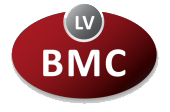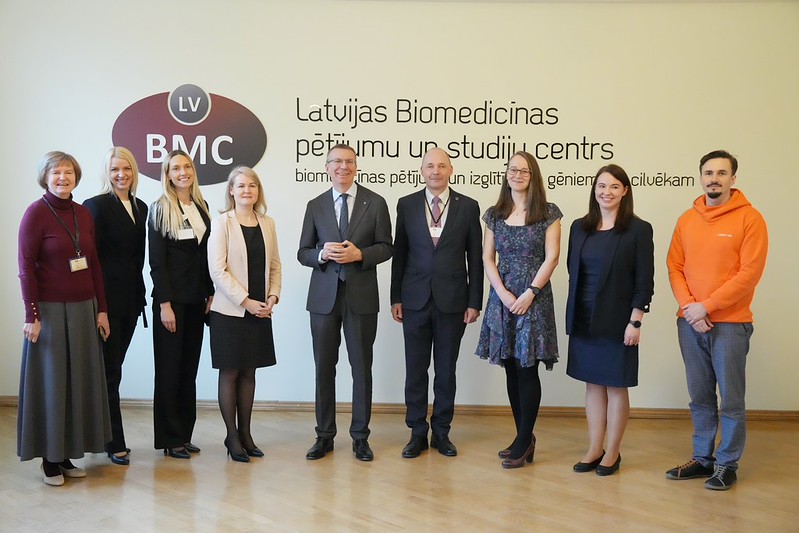Photo:Ilmārs Znotiņš
On 26 November 2026, the President of Latvia, Edgars Rinkēvičs, visited the Latvian Biomedical Research and Study Centre (BMC).
During the visit, the President toured the Latvian National Biobank – the National Genome Database of Latvia – as well as the Cell and Microscopy Service Centre, to learn about their operations and their importance for the development of science and personalised medicine in Latvia. The Biobank Law is currently under review in the Saeima, and the President’s State Competitiveness Commission has played a significant role in advancing this legislation. During the visit, the President not only observed the laboratory work firsthand but even took on the role of a laboratory specialist by isolating a DNA sample himself.
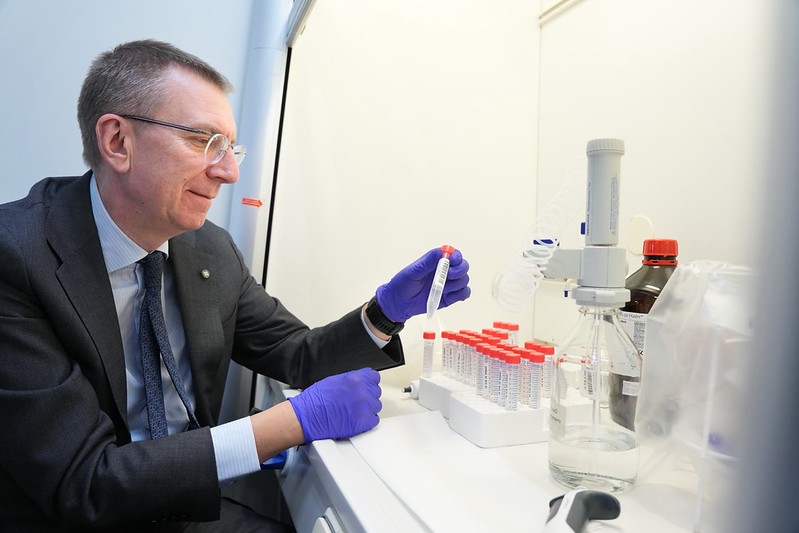
Head of the National Genome Database, Vita Rovīte, stated:
“The Biobank Law is a very important prerequisite for the development of personalized medicine in Latvia. It will define the procedures for collecting, storing, and using biological samples and associated data to ensure the process is safe and aligned with fundamental human values and ethical standards. In the long term, the Biobank Law will promote the development and application of new diagnostic and treatment methods and support innovation in pharmaceuticals and biotechnology in Latvia.”
She added: “The draft law addresses the needs of modern science and technology and takes into account internationally established aspects of data processing and research. It more precisely regulates and protects the role of research participants involved in biobanking and outlines the responsibilities of the maintaining institutions and researchers.”
Currently, Latvia lacks a unified biobank regulation, which complicates not only national research efforts but also international cooperation.
Researcher Ilze Elbere further explained the importance of biobanks:
“The samples and data provided by biobanks are crucial for implementing and advancing innovations at BMC, such as digital twins and algorithms for personalised medicine. For example, BMC has launched a scientific project that combines clinical patient data, biobank data, and gut-on-chip model system data to create a gut microbiome digital twin. This tool will help doctors determine the most effective anti-diabetic therapy for patients.”
She added that preparations are underway for the second-stage application to the European Teaming for Excellence competition, centred on the “One Health” concept, which aims to develop a nationwide monitoring system integrating environmental data (such as wastewater and water bodies), biological model systems, and human health data. A key practical example is the early detection of antibiotic resistance gene outbreaks through a continuously updated multi-layered digital twin model.
Vita Rovīte also noted that BMC is the coordinator of the BBMRI.LV national node, responsible for establishing a national biobank network in Latvia and ensuring its integration with the Biobanking and Biomolecular Resources Research Infrastructure (BBMRI-ERIC). BBMRI-ERIC is a European research infrastructure that connects existing and future biobanks to coordinate research resources for improving public health. Therefore, adopting the Biobank Law in the near future is essential for Latvia to continue strengthening both national scientific activity and international collaboration.
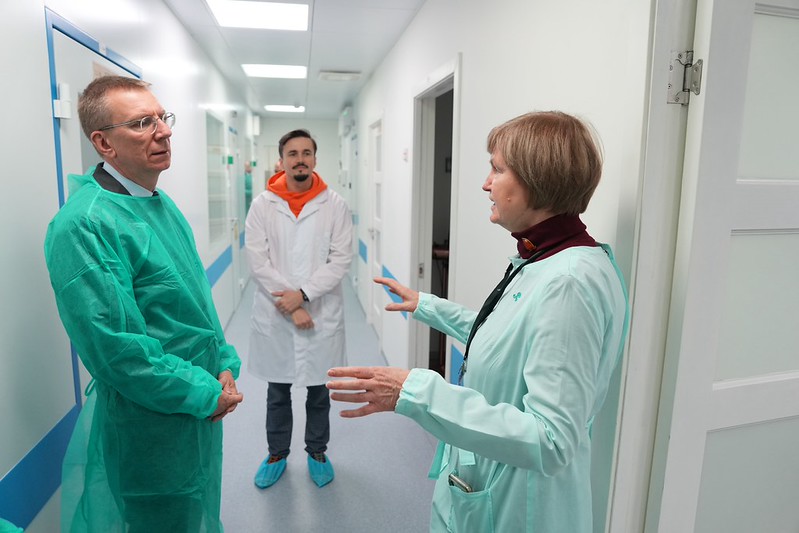
Head of the Genome Centre, Monta Brīvība, outlined the future vision for developing a national genome reference for the Latvian population, with a special focus on precision medicine. Discussions addressed who will benefit from the genomic data, how the data will be used, and what systems are being developed to ensure that the information serves not only the scientific community but also participating individuals and medical professionals.
“This initiative is significant not only for Latvia, but also at the European and global level. Through participation in initiatives such as the Genomic Data Infrastructure (GDI) and Genome of Europe (GoE), Latvia is strengthening its role in precision medicine and gaining opportunities for collaboration with world-leading scientists,” explained Brīvība.
Concluding the visit, President Rinkēvičs noted:
“Seeing the real work being done and hearing the explanations about why it is important and what it will bring us in the future highlights how crucial it is to continue the research already underway, and how important it is to adopt the Biobank Law.”
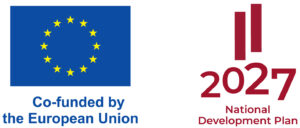
BMC serves as the coordinator of the BBMRI.LV national node, implementing Latvia’s national partnership plan for the Biobanking and Biomolecular Research Infrastructure (BBMRI-ERIC). This is one of the key deliverables of Project No. 1.1.1.5/3/24/I/006 “Development of Latvia’s research potential by strengthening the integration of the Latvian Biomedical Research and Study Centre into European infrastructures and scientific networks”, co-funded by the European Union.
